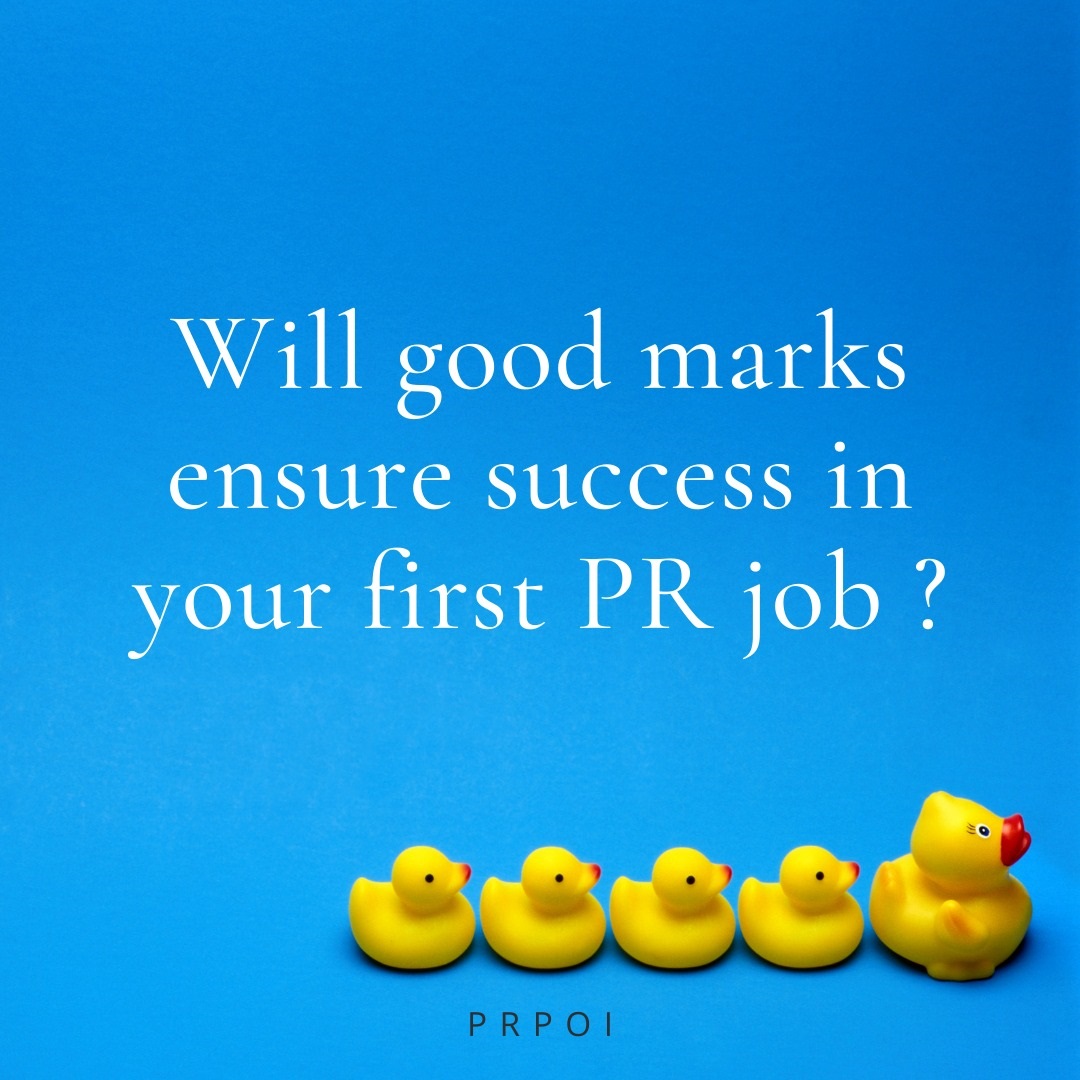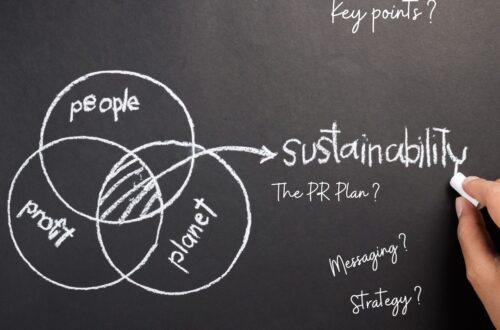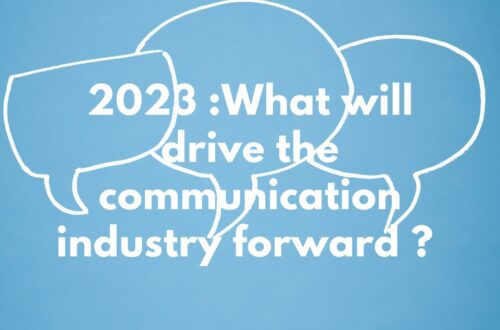
5 Easy Strategies to embark on Your Professional PR journey
Are you a fresher struggling to succeed the first job interview? Read on.
Vivaan and Mishka are front-runners in their Mass Communication academics. Every professors’ delight, they are forever ready to answer, participate and contribute. In the final year, their eyes are sparkling with the zeal to get acknowledged by the professional communications fraternity. Armed with the know-how of various domains in communication fields, these Gen-Zers are ready to take on the world.
To their surprise, the preparation interviews rocked their dreamboat. It exposed them to a parallel world that is real and a far cry from what they have understood so far. It appeared different from the glamourous world they saw in movies and read in novels. They felt an indentation in their confidence. The books and lessons were suddenly inadequate to hop on to the ride of success. The standard introductory questions made them incredulous.
‘Why did you choose Public Relations as a career?’, ‘Which skills will set you up for success in the Communications profession?’….
Such questions made them unconvinced about the depth of their knowledge and expectations of the professional world.
The conundrum is baffling!
Unfortunately, Vivaan and Mishka are not such lone cases umpteen freshers struggle to meet the selection criterion of hiring managers. It is not unheard of that the toppers of a batch could not clear placement job interviews. What leads to such a situation is not an enigma but an outcome of certain neglected aspects of qualifying oneself for the leap.
In my two decades of experience in communications, I have catalogued some techniques for entering the PR world, making them successful will be up to you
• Transfer knowledge into usage: During your study time, become curious about the real-life usage of the bookish information. Enquire how a specific concept will get utilised in a work scenario. Do your research to understand how someone is using the tools listed in your chapters. Always look for examples of the treatment by the professionals.
• Industry mentorship: Education and job are antipodal worlds. Do interpret the difference between them by proactively approaching professionals for mentorship. A practicing PR professional will introduce you to the expectations from a new entrant. Start by identifying your target mentors on a professional networking platform like LinkedIn and follow them for some time. Approach select few to support you with your needs and areas of development. PR is a demanding profession, often described as 24X7 for 365 days, ready yourself for the challenges.
• Research & knowledge building: Communications is a dynamic career that has witnessed various watershed moments adding diverse domains in its purview. To develop acumen for it, during studies, acquire additional knowledge about these changes by following industrial bodies focused on upskilling like PRPOI and others like PRCAI, ICCO, PRSI, and IPRA. These bodies regularly publish reports about the industry developments, challenges at global and regional levels, and future trends. Regular updating yourself about the changes will make you cognizant of the real PR world.
• Industry-ready skill development: Public Relations has moved beyond the quintessential definition of media management. In the last few decades, PR has diversified, making social media outreach, reputation management, public policy, advocacy, and employee engagement intrinsic parts of the role. The job title has also shifted from PRO (Public Relations Officer) to Integrated Communication or Image Consultant or Communications Specialist. The developments assert additional pressure on new entrants to comprehend the skills required for the sub-segments. Do invest in short courses available either free or for a nominal fee on Google, HubSpot, LinkedIn, Facebook, Udemy, Coursera, and PR blogs.
• Positioning yourself as the ideal candidate: Over the years we develop life skills that become grounds for developing us as a professional. Before writing your profile or facing a job interview, assess your past years and identify instances where you did – teamwork, collaboration, research and analytics, decision making, problem-solving, storytelling, team management, presentation, debate, and relationship management. The management of your social channels showcases your digital prowess while reading about your project showcase research skills, and working with limited resources demonstrates your resource management capability. How you position yourself in front of the interviewer will boost your confidence and help them make an informed choice.
In the end, appreciate that Public Relations is a challenging profession that rewards you with knowledge and growth. Do not make the mistake of sacrificing good opportunities for monetary benefit. Writing, reading, observing, and listening are critical skills for a communicator, and if you hate either of these, it’s time to reorient your mind. Be cognizant of how you will be spending the years to come and prepare well for it.
Welcome to the PR universe!
Senior GM Communications at Schneider Electric





One Comment
Rashmi Duggal
Nicely communicated. Non conventional career choices always appear to be under radar, but being comfortable and passionate about your choice is what matters